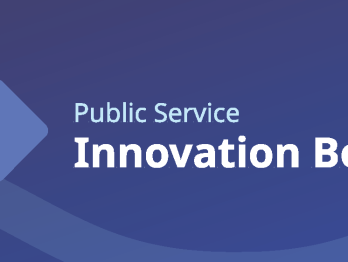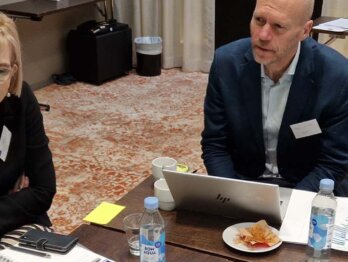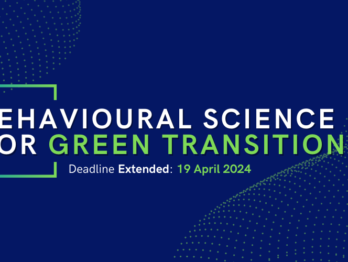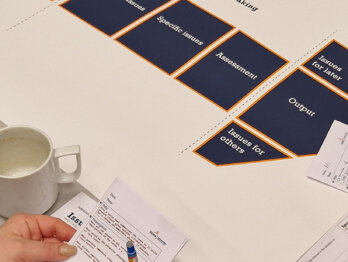OECD Call for Toolkits

We are on the lookout for game-changing, freely available toolkits that can ignite innovative thinking and drive progress in governments worldwide. As the hosts of OECD Toolkit Navigator, one of the world’s largest compendia of public sector innovation toolkits, we’re excited to collaborate with you to identify fresh, forward-thinking resources to support governments and public servants in the design and delivery of better policies and services.
Five minutes – that’s all it takes to submit!
This is your chance to expand the reach of your toolkit and support other public sector innovators around the world. Through your submission, you will tap into the OECD’s global network of government officials, policymakers, researchers, academics and civil society organizations, who actively make use of our platform and its vast array of methodological options to drive public sector transformation. Outstanding toolkits additionally have the opportunity to be featured in OECD publications.
Toolkits submitted before 24 March will be prioritised for upload. Submit your toolkit today!
What we are looking for
While we are interested in receiving submissions on all types of innovation toolkits – ranging from systems change and organisational design to process facilitation, see here – we are particularly curious to surface resources in the following fields:
- Behavioural insights and experimentation. We are seeking toolkits that can assist the integration of BI in public services, tackle and overcome biases among public servants, support the establishment of BI units within governments, or provide guidance on selecting appropriate experimental methodologies (RCT vs. other methods).
- Futures and foresight. We are looking for toolkits that can aid in integrating uncertainty into public decision-making processes, support the adoption of anticipatory regulation and sandboxes, assist in the implementation of scenario approaches and policy stress-testing, or utilise horizon scanning, visioning, and backcasting techniques.
- Digital government and data. We are particularly interested in toolkits touching upon four core topics. First, those that facilitate the adoption, transparency and accountability of algorithms in the public sector. Second, those toolkits that support forward-looking data governance approaches and use of data. These can include the responsible and ethical management of data, green data infrastructures, public sector data spaces, data-driven decision-making practices, innovative open data initiatives, and the application of data in the context of digital democracy. Third, toolkits supporting innovative ways of funding and contracting ICT/digital in the public sector. And finally, those that take digital identity to the next level and promote public-private collaboration (Govtech).
- Innovation management. We are seeking toolkits that can aid in the scaling of successful pilots and ensure their sustainability, support the monitoring and evaluation of existing innovation projects, facilitate the establishment of innovation labs, makerspaces, and fab labs, enable action research and the adoption of living labs methods, or assist in the management of megaprojects and mission-oriented innovation.
- Open Government with a focus on innovative citizen participation. We are particularly interested in toolkits that can support democratic citizen participation processes in decision-making and the whole policy cycle, facilitate the management of participatory budgeting initiatives, or strengthen efforts to tackle mis- and disinformation.
Toolkit criteria
Toolkits must be:
- Adapted for the public sector. It is not a prerequisite of toolkits to have been originally developed for the public sector. However, their proven ability to cater to the specific needs of public sector teams is essential.
- Action oriented. Toolkits are invaluable resources that facilitate action by exploring novel and innovative approaches in practice. Our aim with the Toolkit Navigator is to inspire transformative change, motivating users to take decisive action. Knowledge-based resources (e.g. reports) are important too, but are not included here.
- Free to access. Resources need to be open, freely accessible, and easily reusable by others. We proudly embrace licenses which promote reuse, such as Creative Common licenses and give proper credit to original publishers as a general rule.
Our OPSI team will thoroughly review all submissions, with the aim of promoting the diffusion of best practices, reinforcing innovative practices within the public sector, and inspiring new ways of thinking.
How to submit
Submit in two, easy steps:
- Step 1: Register for the OPSI website, or log in if you are already registered.
- Step 2: Submit your toolkit by 24 March 2023.












